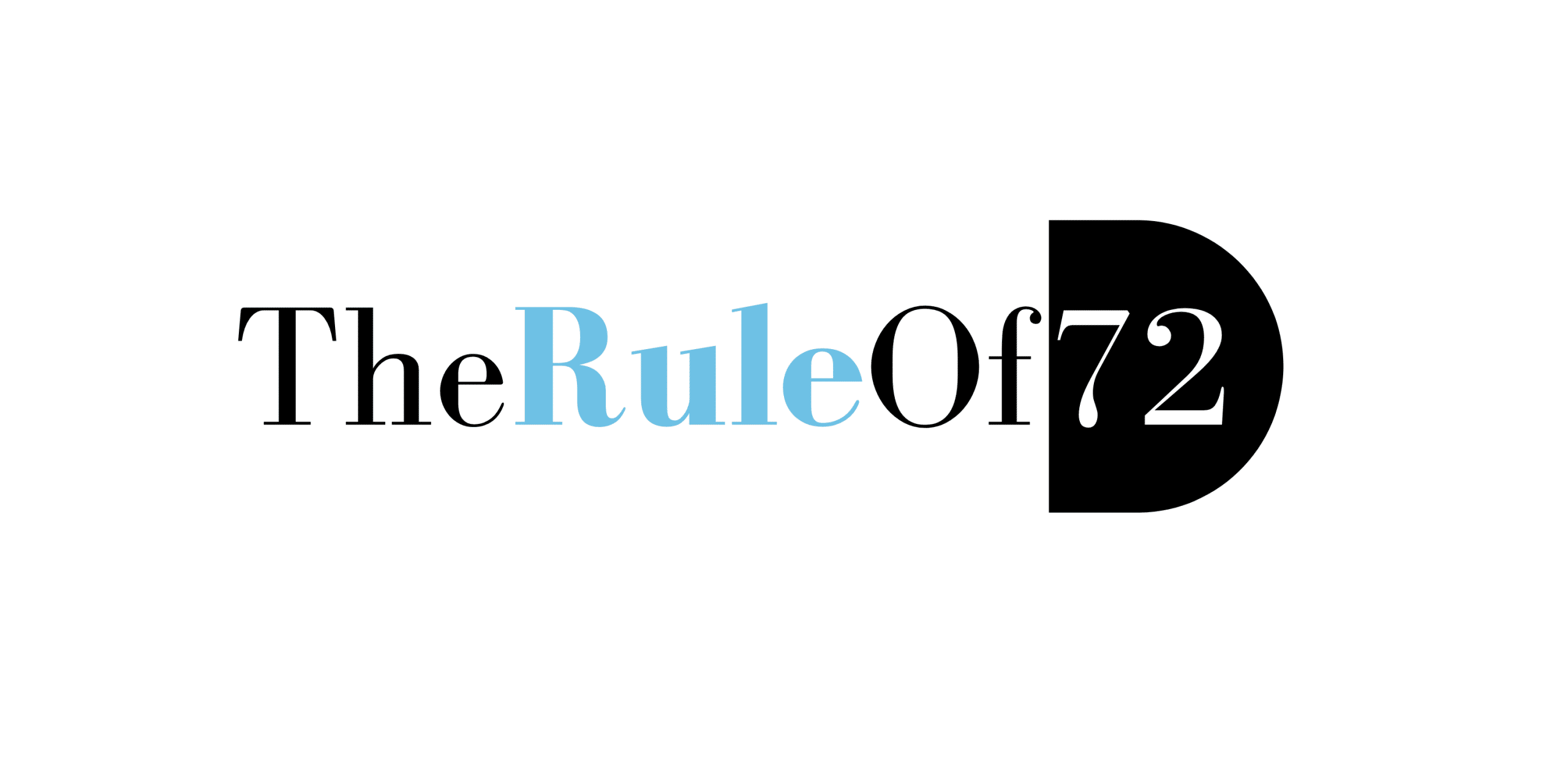Saving Money with State and Federal Programs: A Comprehensive Guide for Medicare Recipients

As we navigate the complex landscape of healthcare, particularly for seniors, finding ways to save money while maintaining quality coverage becomes paramount. Fortunately, there are several state and federal programs designed to assist Medicare recipients in achieving just that. In this article, we will delve into the various types of programs available, including Medicaid, Extra Help, State Pharmaceutical Assistance Programs, and other valuable resources that can help seniors save money and access the healthcare they need.
1. Medicaid: Bridging the Gap
Medicaid, a joint federal and state program, plays a crucial role in providing healthcare coverage to low-income individuals, including Medicare recipients. Not only doe Medicaid help bridge the coverage gaps in Medicare but also provides essential benefits that might otherwise be unaffordable.
Medicaid’s eligibility criteria vary from state to state, but it often covers services like doctor visits, hospital stays, prescription drugs, preventive care, and long-term care. Medicaid recipients can benefit from low or no-cost premiums, deductibles, and copayments, relieving financial burdens that can accompany healthcare expenses.
2. Extra Help (Low-Income Subsidy): Easing Prescription Costs
For Medicare beneficiaries struggling with the cost of prescription drugs, the Extra Help program offers significant relief. Administered by the Social Security Administration, Extra Help assists with covering the expenses related to Medicare Part D prescription drug plans.
Recipients of Extra Help enjoy reduced or even eliminated premiums, deductibles, and copayments for their prescription medications. This program is especially valuable for those with limited resources and income, ensuring that necessary medications are accessible without imposing heavy financial strain.
3. State Pharmaceutical Assistance Programs (SPAPs): Tailored Assistance
Many states offer State Pharmaceutical Assistance Programs (SPAPs) to help residents, particularly seniors, manage the costs of prescription drugs. These programs vary in terms of benefits, eligibility criteria, and available medications.
SPAPs may offer assistance for a range of prescription drugs beyond what’s covered by Medicare Part D plans, and they can significantly alleviate the burden of high medication costs. Eligibility criteria often consider factors such as income, age, and medical conditions. Exploring your state’s specific SPAP can uncover opportunities for substantial savings.
4. Medicare Savings Programs: Easing Financial Strain
Medicare Savings Programs (MSPs) are state-run initiatives designed to help seniors with limited income manage their Medicare-related expenses. There are different levels of MSPs, each with specific benefits and eligibility criteria. These programs can cover Medicare Part A and Part B premiums, deductibles, and copayments.
a. Qualified Medicare Beneficiary (QMB) Program: QMB offers the most comprehensive assistance, covering all Medicare premiums, deductibles, and copayments.
b. Specified Low-Income Medicare Beneficiary (SLMB) Program: SLMB covers Medicare Part B premiums and is available to individuals slightly above the QMB income limits.
c. Qualifying Individual (QI) Program: QI helps cover Part B premiums, and eligibility is on a first-come, first-served basis.
5. State Health Insurance Assistance Programs (SHIPs):Counseling those in need
While not a direct financial assistance program, State Health Insurance Assistance Programs (SHIPs) play a critical role in helping Medicare beneficiaries understand their coverage options, benefits, and rights. SHIPs provide free counseling and education to help seniors make informed decisions about their healthcare. By guiding beneficiaries through the intricacies of Medicare and related programs, SHIPs empower individuals to make cost-effective choices that align with their needs and financial situations.
6.Home and Community-Based Services: Supporting Independent Living
For seniors who wish to age in place and receive care within their communities, Home and Community-Based Services (HCBS) waivers provide an alternative to nursing home care. While not exclusively a cost-saving measure, HCBS waivers can be more financially viable compared to full-time nursing home care.
These waivers cover a variety of services, such as personal care assistance, home modifications, meal delivery, and transportation. By receiving the necessary care at home, seniors can potentially avoid the high costs associated with long-term care facilities.
Conclusion
Navigating the complexities of healthcare costs can be daunting, especially for seniors on Medicare. Thankfully, state and federal programs are in place to provide essential support and financial relief. From Medicaid and Extra Help to State Pharmaceutical Assistance Programs and Medicare Savings Programs, seniors have a range of options to choose from based on their unique needs and circumstances. By taking advantage of these programs, Medicare recipients can access the care they need without compromising their financial well-being. If you or a loved one are on Medicare, exploring these programs can pave the way for a healthier and more financially secure future. Should it be the case that you still have questions about how to save money even after reviewing all the aforementioned programs, than by all means, feel free to call me in order to review all your available options.





